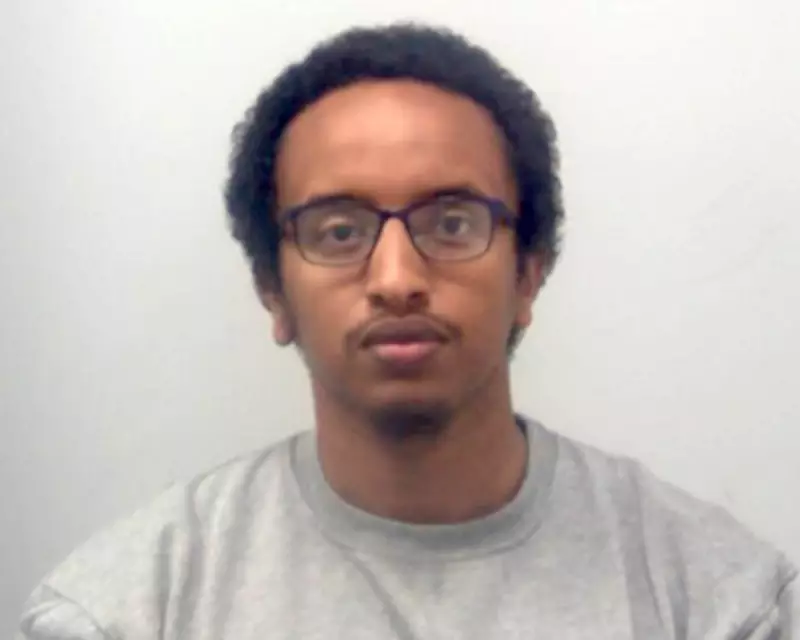
A scathing report has exposed significant shortcomings in the UK's Prevent anti-terrorism strategy, uncovering missed chances to stop the killers of MP Sir David Amess and the perpetrators of the Southport attack.
Key Findings
The report, which scrutinises the effectiveness of the Prevent programme, found that authorities had multiple opportunities to identify and intervene before the attackers carried out their deadly plans. Despite warnings and concerning behaviour, the system failed to act decisively.
Case of Sir David Amess
In the case of Sir David Amess, who was fatally stabbed during a constituency surgery in 2021, the report highlights that the attacker had been previously flagged for extremist views. However, inadequate follow-up and coordination between agencies allowed him to slip through the cracks.
Southport Attack
Similarly, the Southport attackers, responsible for a violent incident that shocked the community, had also been on the radar of Prevent. Yet, a lack of resources and systemic inefficiencies meant their radicalisation went unchecked.
Systemic Issues
The report identifies several systemic issues within the Prevent programme, including:
- Poor communication between local authorities and security services
- Insufficient training for frontline staff
- Over-reliance on self-referrals, missing those who don’t seek help
- Delays in assessing and acting on intelligence
Calls for Reform
Experts and lawmakers are now urging a comprehensive overhaul of the Prevent strategy. Recommendations include:
- Increased funding for community engagement programmes
- Better training for professionals to spot early signs of radicalisation
- Stronger integration between mental health services and counter-terrorism efforts
- Regular audits to ensure compliance and effectiveness
The findings have reignited debates about balancing civil liberties with security measures, as the UK grapples with the evolving threat of homegrown terrorism.





